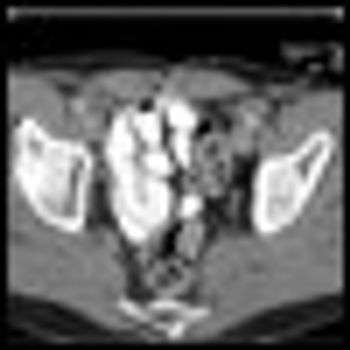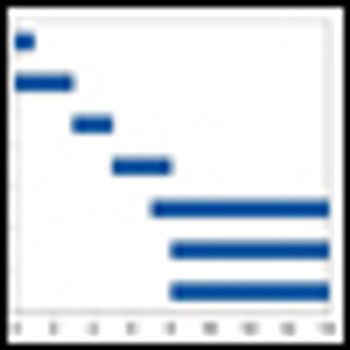
The treatment of older patients with colorectal cancer is not always straightforward. As highlighted in the article by Dr. Ades, the heterogeneity of physiologic aging, the increasing prevalence of comorbid disease with age, and changing preferences with aging make counseling about adjuvant therapy more complex for older patients than for younger patients.



